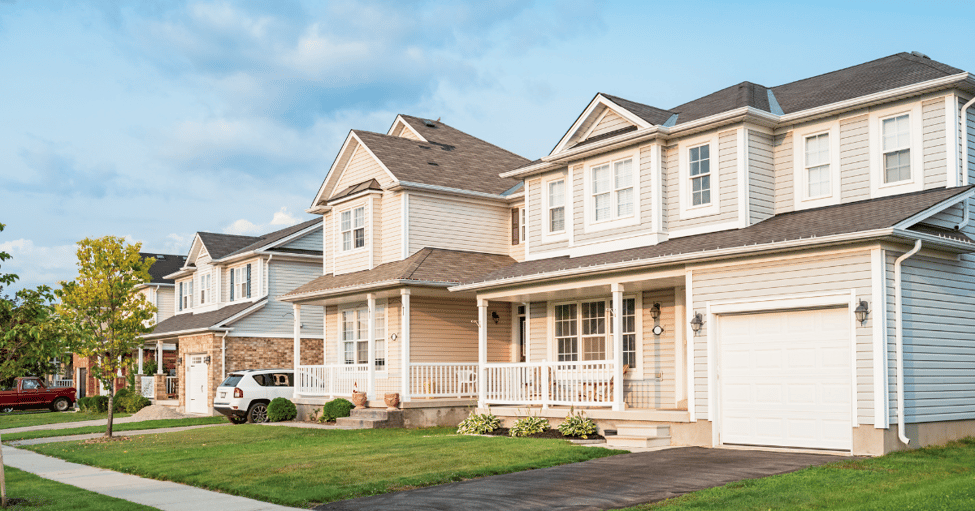Embarking on the journey to homeownership in Toronto requires not only enthusiasm but also a well-structured budgeting plan. As one of Canada's dynamic real estate markets, Toronto presents unique considerations for homebuyers. In this step-by-step guide, we'll walk you through the essential elements of successful budgeting to help you navigate the intricacies of Toronto's real estate landscape.
Assess Your Financial Situation:
Begin by evaluating your current financial position, including income, savings, and existing debts.
Determine how much you can comfortably allocate toward homeownership without compromising your overall financial stability.
Establish a Realistic Budget:
Develop a comprehensive budget that includes all your monthly expenses, from utilities and groceries to entertainment and transportation.
Factor in potential homeownership costs such as mortgage payments, property taxes, insurance, and maintenance.
Explore Mortgage Options:
Research different mortgage options available in Toronto, considering both fixed-rate and variable-rate mortgages.
Consult with mortgage professionals to understand interest rates, down payment requirements, and potential prepayment penalties.
Calculate Affordability:
Use online mortgage calculators to estimate your potential monthly mortgage payments based on different home prices and down payment scenarios.
Ensure that your estimated monthly payments align with your budgetary constraints.
Consider Down Payment and Closing Costs:
Save for a down payment, keeping in mind that a minimum of 5% is typically required, though a higher down payment can result in lower mortgage payments.
Plan for additional closing costs, including land transfer taxes, legal fees, and home inspection costs.
Research Neighborhoods and Property Types:
Explore Toronto's neighborhoods to identify areas that align with your lifestyle and budget.
Understand the varying property types in different neighborhoods and their associated costs, whether it's a condo, detached house, or townhouse.
Factor in Property Taxes and Condo Fees:
Research property tax rates in your chosen neighborhood and include them in your budget calculations.
For condo buyers, account for monthly condo fees, ensuring they are within your budget and cover essential amenities.
Plan for Home Maintenance and Repairs:
Set aside funds for ongoing home maintenance and potential repairs.
Consider creating an emergency fund to cover unexpected expenses, ensuring that homeownership remains financially sustainable.
Engage a Real Estate Professional:
Work with a reputable real estate agent who can provide insights into current market conditions, property values, and negotiation strategies.
Leverage their expertise to make informed decisions aligned with your budget.
Regularly Review and Adjust Your Budget:
Periodically review your budget, especially if there are changes in your financial situation or housing market conditions.
Be flexible and willing to adjust your budget as needed to maintain financial stability.
Successful budgeting is the cornerstone of a smooth and financially sound homebuying journey in Toronto. By following this step-by-step guide, you'll not only gain clarity on your financial capacity but also make informed decisions that align with your homeownership goals in one of Canada's most dynamic real estate markets.

Colleen Steffl
Colleen started her sales career with an International News Agency in Europe selling Advertising. She has continued to rise early, dig deep, and built a solid sales career with 15 years dedicated to real estate sales. She has worked in all areas of real estate sales: buyers, sellers, investors, commercial, land development, and new construction.

